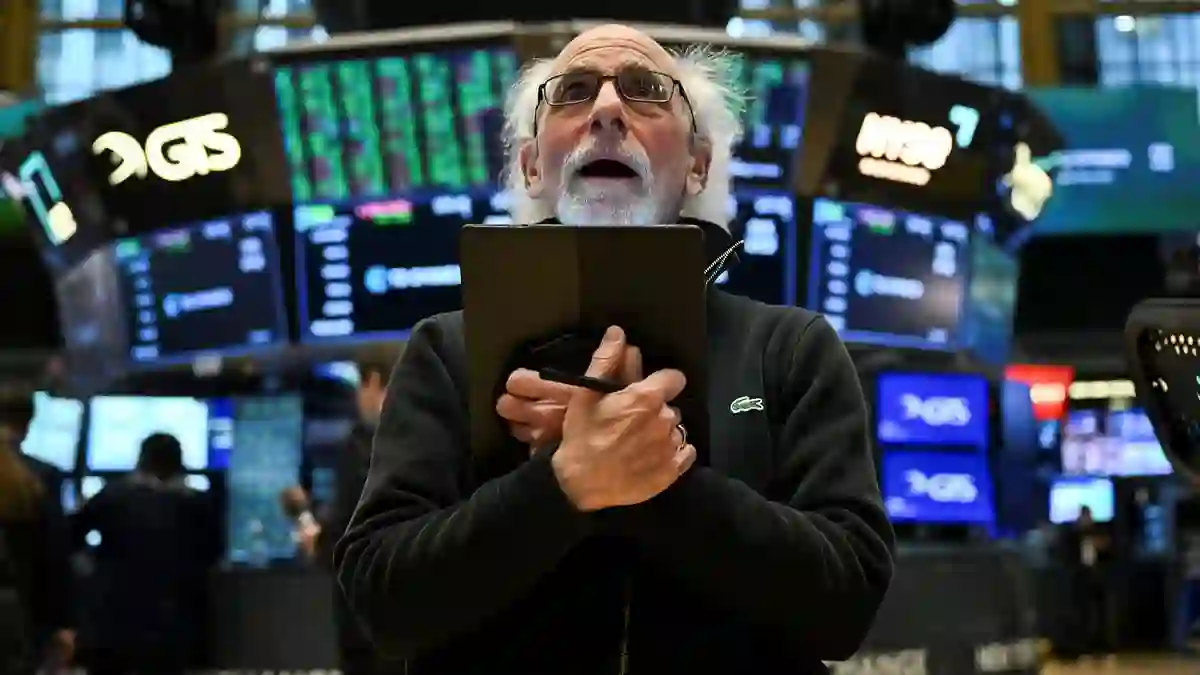Imagine a financial guru who once saw the 2008 crash coming before anyone else is now waving a giant red flag again.
That’s exactly what billionaire hedge fund legend Ray Dalio is doing—this time about America’s ballooning national debt.
And his warning couldn’t be more urgent.
Dalio isn’t mincing words. He believes that if Washington doesn’t act fast, the U.S. could face what he dramatically calls an “economic heart attack” within the next three years.
A Dire Forecast If Washington Fails to Act
In a recent post on X (formerly Twitter), Dalio said the federal deficit needs to be cut down to 3 percent of GDP—and quickly.
If not, he says, we could be headed toward a full-blown economic meltdown.
“The good news,” he added, “is that these cuts are possible.” But time is ticking, and the margin for delay is razor-thin.
The Debt Picture Is Already Alarming
Right now, America’s national debt is sitting dangerously close to $37 trillion—almost exactly equal to the size of the country’s entire economy.
And if nothing changes, projections from the Congressional Budget Office show it could surge to 150 percent of GDP by 2055.
That level of debt would mean sky-high interest payments, reduced government flexibility, and a much greater risk of financial instability.
There’s a Way Out—But Politics Might Get in the Way
Dalio, the founder of Bridgewater Associates (the world’s largest hedge fund), believes the solution lies in a combination of spending cuts and smarter tax policies—about a 4 percent adjustment overall.
He points out that similar moves were made between 1991 and 1998 when the U.S. managed to balance the budget through bipartisan cooperation.
That period even helped lower interest rates and boost economic confidence.
But here’s the kicker: Dalio doubts today’s political climate can handle such cooperation.
“My fear,” he wrote, “is that we won’t make these needed cuts because of political reasons.”
A Storm of Warnings from Wall Street Heavyweights
Dalio isn’t the only one sounding the alarm. He’s joined a growing list of influential voices who are deeply concerned about where the U.S. economy is heading.
JPMorgan Chase CEO Jamie Dimon recently described the economic landscape as resting on “shifting tectonic plates,” warning that global tensions, trade disruptions, and persistent fiscal deficits could spark another wave of inflation.
Trade Wars and Global Risks Aren’t Helping
Dalio has previously criticized decisions out of the White House—especially former President Trump’s aggressive use of tariffs.
In April, he argued that America’s trade wars were already causing damage and that some effects might be irreversible.
“People keep hoping these disruptions will fade as negotiations evolve,” he said. “But for many, it’s already too late.”
Home Depot’s Co-Founder Says Bond Markets Are Flashing Red
Ken Langone, the billionaire co-founder of Home Depot, has also entered the conversation.
His message? The U.S. debt situation is “scary,” and Washington needs to stop taking America’s economic power for granted.
He cited a recent moment when the government struggled to float a 20-year bond—a major red flag in financial circles.
“That’s the beginning,” he warned. “That’s a dangerous signal.”
Rising Costs of Aging America
It’s not just the debt and political squabbling causing stress.
The federal government is also feeling the squeeze from growing costs tied to Social Security and Medicare, as the population ages and people live longer.
These pressures, combined with rising interest payments, are tightening the belt on federal resources and adding urgency to Dalio’s call for action.
The Big Picture: A Choice Between Action or Consequences
Dalio’s warning is a tough pill to swallow, but his message is simple: the U.S. still has a chance to fix this—but only if leaders act quickly and responsibly.
If they don’t, the country could face a financial crisis that would hit every American household, business, and bank account.
The clock is ticking, and the decisions made in Washington in the next few years may determine whether the U.S. avoids the heart attack—or collapses under its own weight.

